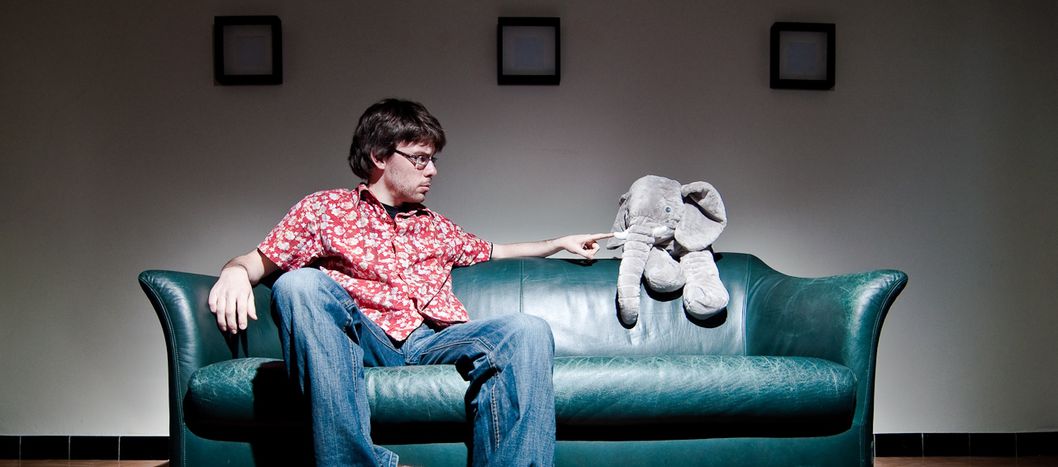
Hosting refugees in Berlin: The elephant in the room?
Published on
Translation by:
Emily SpencerSo, sharing a home with refugees... how does that work out? Well enough, in Germany, where much discussion is devoted to how best to welcome new arrivals. But it isn't the people themselves that take up the most space; the real elephant in the room is the stories of trauma that the new arrivals carry with them.
I get an email from an old friend in my inbox. He had been looking for an apartment for himself and his son and has stumbled upon a five bedroom flat. Two rooms are still available and he wants to offer the spares to arriving refugees.
Now, Ahmed and his brother Mohammad from Syria have lived with Ben and his son Johannes for almost a year. What made the family agree to this kind of arrangement? Out of all of the ways that individuals can help ameliorate the refugee crisis, Ben argues that he chose the easiest: "I'd never be able to work in a refugee centre." Sure, there are compromises to make when it comes to cooking, cleaning and living together, but the conflicts that emerge can mostly be put down to cultural differences.
But the most important thing to consider is the "emotional elephant" that Ahmed and Mohammad carry with them. Omnipresent, invisible, always weighing them down. Ahmed describes how his friends were either imprisoned or shot for refusing to join the army. He was the only one left alive, thanks to his father's connections. He never thought that he would have to leave Syria. He had built up a nest egg there, his job in the Syrian National Bank, his flat, his studies... everything has now been lost. As have his hopes and dreams for the future – finding a wife and starting a family. "I cannot imagine what my future might look like," he says.
His thoughts are mostly occupied by his family. His parents and four sisters are still in Al Hasakah – a situation that makes him uneasy. He is the eldest son and thus carries the responsibility for the family on his shoulders. Now, Ahmed is considering how best to bring over his third brother over to Germany.
Ben had wanted to open his home to siblings because they would be able to be there for one another, they could help each other out and speak the same language. Flatmates can't replace a family, but living together can help answer their questions. What are eBay classified ads? How can one buy cheap furniture? Where can one find networking initiatives? Would the retired German teacher on the second floor be prepared to give the brothers language lessons?
It took Ahmed 25 days to travel from Aleppo across Turkey, Greece, Macedonia, Serbia and Austria, before continuing to Munich and then Berlin. He slept in forests, on the street and on benches, sustaining himself on Snickers bars and water. How did he deal with the organised criminals making money off the backs of hundreds of thousands of refugees? "In the end, I no longer feared them," he says. "I no longer felt anything." The worst moment? When Turkish government ships sunk a migrant boat.
These memories, fears and traumas are ever present at the dinner table, or whenever the flatmates regularly talk to each other. How can one restore a notion of normality to life? There's leftover pasta and tomato sauce in the sink, the remnants of Ahmed's culinary endeavours the previous evening. Does food help evoke the feeling of being at home? Ahmed laughs, shaking his head. For him, home no longer exists: "My heart is homeless."
---
This article was published by our local team at cafébabel Berlin.
Translated from Wohnen mit dem Elefant



